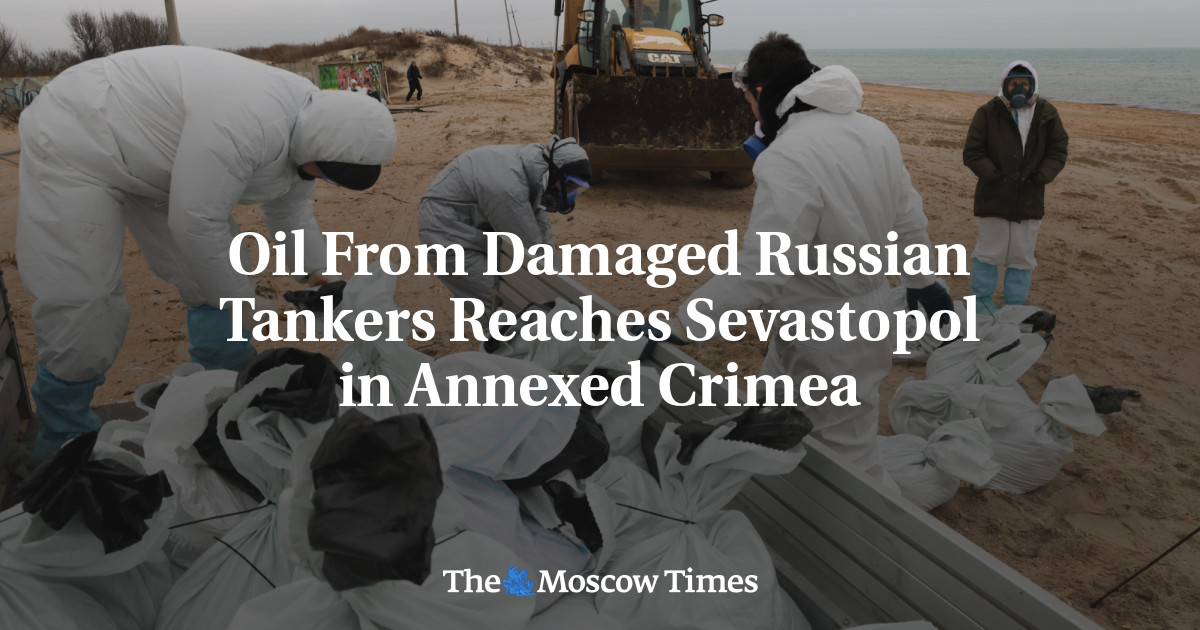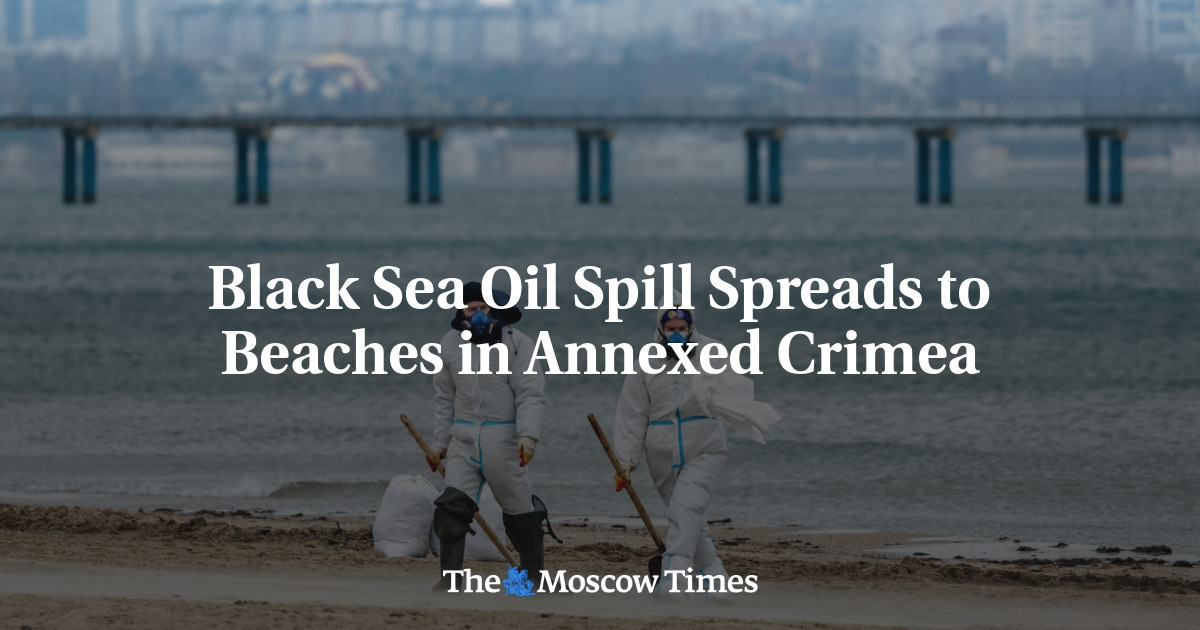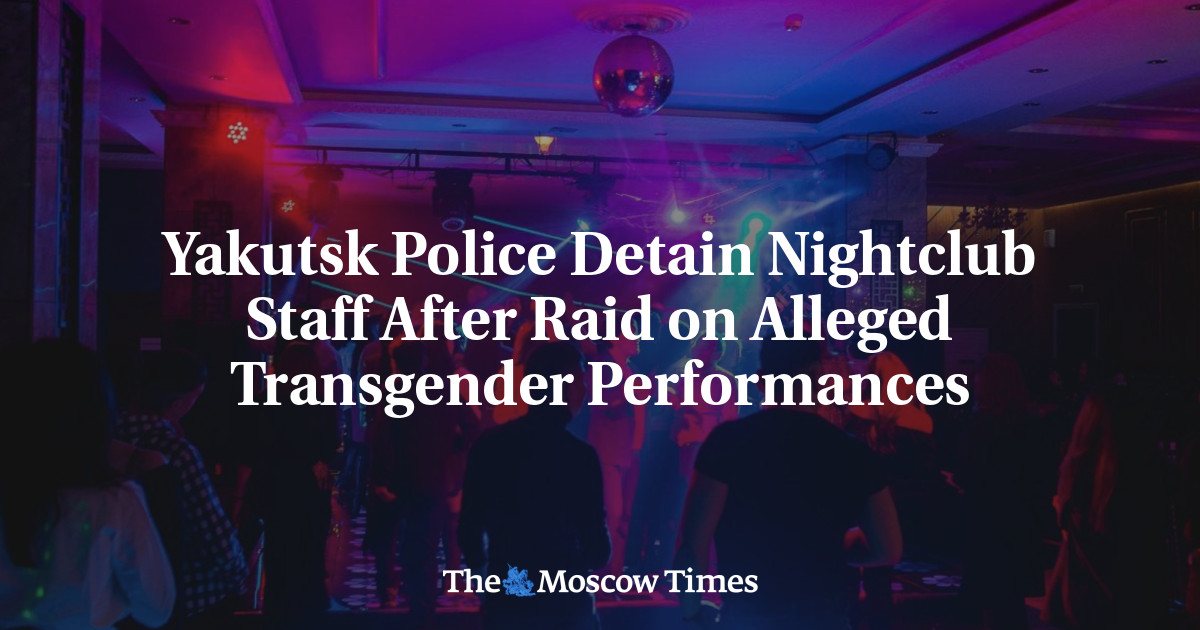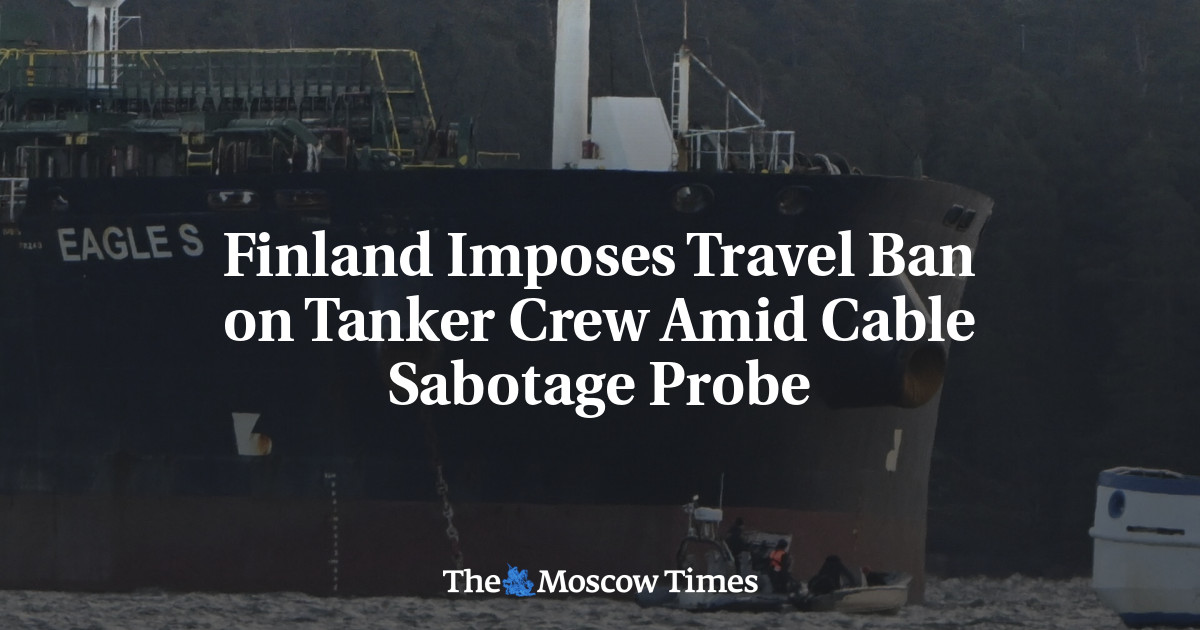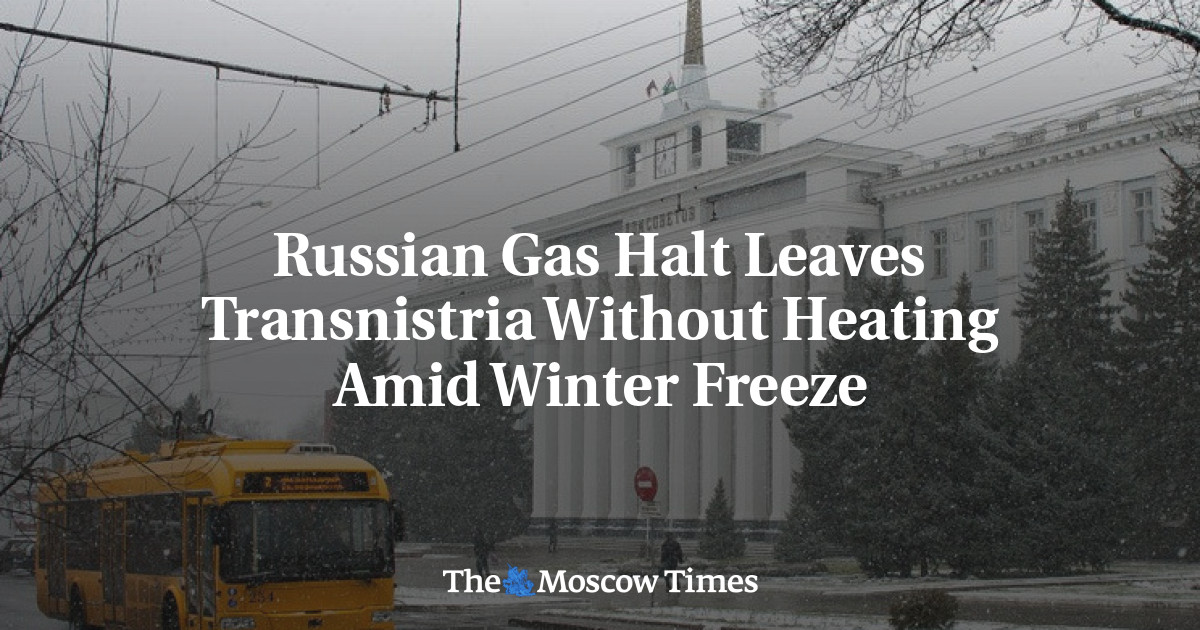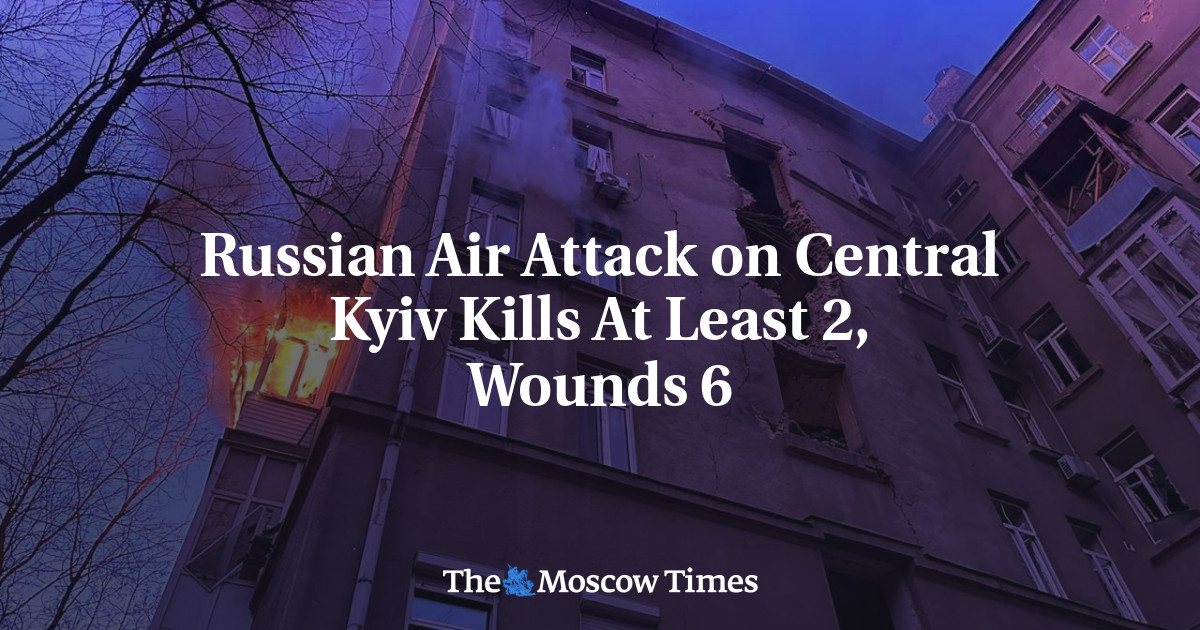Russian officials have been ordered to significantly boost voter turnout among young people in the upcoming presidential election as the Kremlin seeks to hand President Vladimir Putin a resounding re-coronation.
Students, graduate students and young workers are facing pressure and coercion from authorities, their schools and employers in the lead-up to the March 15-17 vote.
"The presidential administration demands that regional leaders step up their efforts to attract more loyal people to vote. They are specifically drawing attention to students and young professionals. We are complying," a Moscow City Hall official told The Moscow Times.
Sources in the leadership of three Russian regions in the European part of the country and the Far East confirmed this information to The Moscow Times.
The Kremlin wants to achieve “impressive numbers” that it can use as “a clear signal” to the West of “our leader’s indestructibility” and total domestic support, a presidential administration official, a government official and a Moscow City Hall official involved in preparations for organizing the vote told The Moscow Times.
All agreed to speak only on condition of anonymity because they were not authorized to speak to the press.
The end goal is "to make the West understand that our young people are for Putin, not for runaway oppositionists and certainly not for [Alexei] Navalny,” the Russian government official said.
“Well, and to make the boss himself [Putin] feel pleased.”
The official added that Putin “frequently meets with young people” and “would like to believe that they are all in favor of him — but no one would dare to tell him to his face that it's not quite so."
The presidential administration is betting on historic, "never-before-seen" turnout and votes for Putin.
But given that the Kremlin has spent decades shutting out any real electoral competition to Putin, many Russians are unenthusiastic about voting in this year’s election.
To secure its intended election outcome, the Kremlin has ordered an unprecedented campaign to get citizens to vote that includes pressure tactics as well as remote electronic voting technology, a lack of independent observers, media censorship and repression.
These efforts target middle-aged and elderly voters — President Vladimir Putin's core support base — as well as pensioners, state and municipal employees and workers at large state-owned and even private companies.
But the most crucial demographic is young voters — traditionally the most anti-Putin, anti-war segment of the electorate.
The Russian postal service and state nuclear firm Rosatom have been instructed to "ensure the vote" of their young employees, personnel at those companies and a top manager at a major oil company told The Moscow Times.
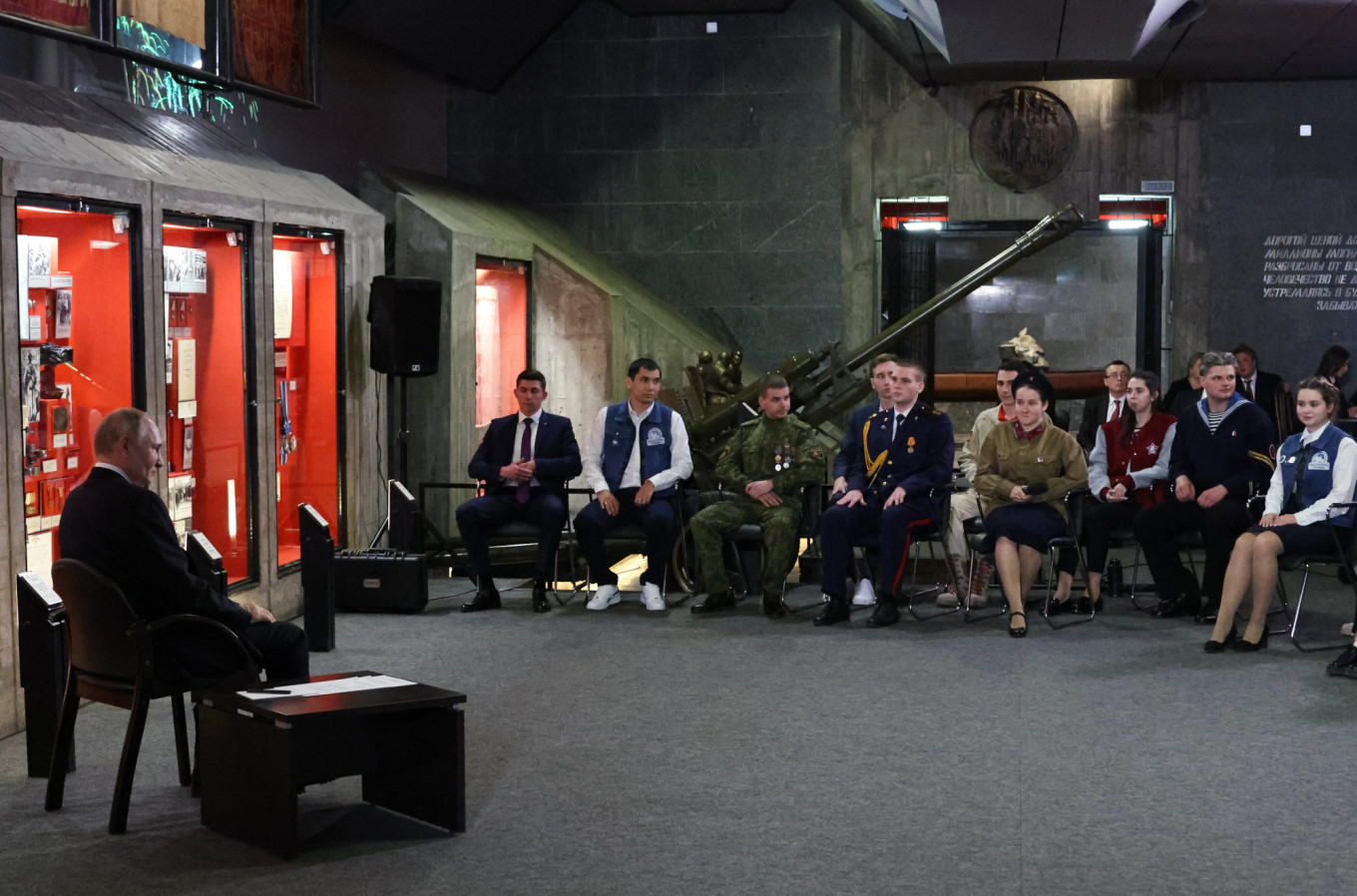 Putin (L) meets with representatives of patriotic and youth organizations at the Battle of Stalingrad Panorama Museum, February 2023.
Mikhail Klimentyev / Russian Presidential Press and Information Office / TASS
Putin (L) meets with representatives of patriotic and youth organizations at the Battle of Stalingrad Panorama Museum, February 2023.
Mikhail Klimentyev / Russian Presidential Press and Information Office / TASS
Media reports in recent weeks have detailed students being pressured to vote — and of schools and universities organizing voting themselves — in dozens of Russian regions.
College and university administrations are reportedly threatening students who refuse to vote with disruptions to their studies if they do not cast a ballot.
Students at a construction college in the Perm region were ordered to vote in the college on the first or second day of the three-day vote. The college’s administration promised to enforce turnout with the help of video surveillance cameras.
A similar demand was issued to students at Tula State Pedagogical University, where students were obliged to submit a photo of their ballot to prove that they voted. The university rector also publicly endorsed Putin.
At the pedagogical university in Voronezh in southern Russia, students claimed they were required to inform authorities about who they planned to vote for.
In addition to these outright pressure tactics, authorities are trying to lure young voters with a variety of incentives.
In the republic of Altai, authorities are holding a photo contest at polling stations where winners can receive gifts like an iPhone 16 and a Dyson vacuum cleaner.
And the republic of Tatarstan’s deputy prime minister promised young people that they could not only vote, but also “find their destiny” at the polling station.
Russia’s Constitution and electoral law guarantee the right to free and confidential expression of one’s political will by voting.
However, these examples show that the authorities at different levels are trying to exert pressure despite the law.
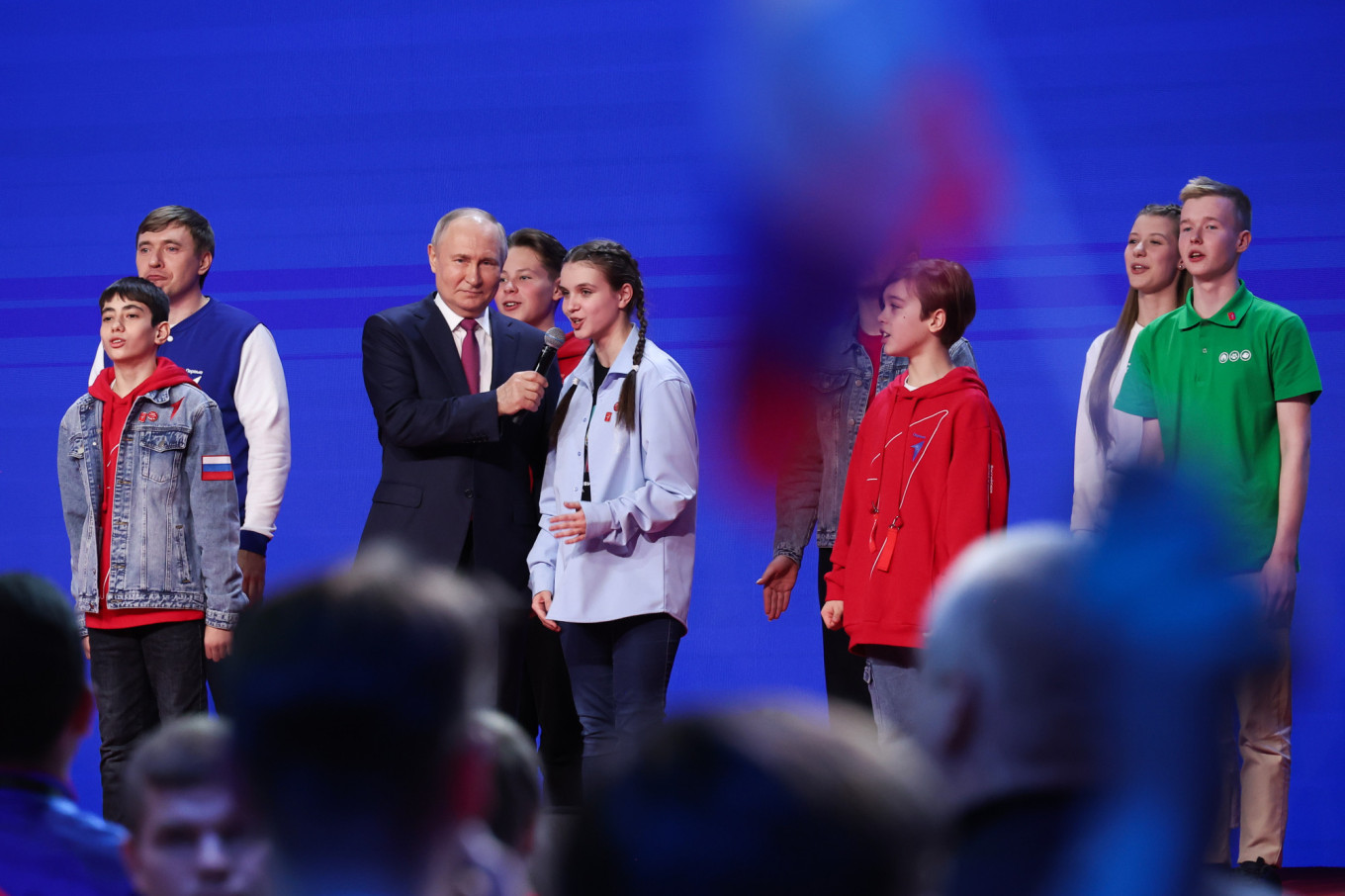 Valery Sharifulin/TASS
Valery Sharifulin/TASS
Throughout Putin’s presidency, the Kremlin has sought to attract young people to its side, most famously with its efforts to popularize the pro-Kremlin youth movement Nashi in the 2000s.
But neither this effort, spearheaded by the Kremlin’s former “Grey Cardinal” Vladislav Surkov, nor subsequent attempts by Surkov’s successors proved successful.
Young people’s involvement in politics has traditionally been low apart from a small minority, as has their trust in state institutions.
"Billions of rubles have been spent from the state budget for decades to make young people fall in love with Putin. But nothing ever came of it. Young people as a whole have never been interested in politics," a former Kremlin official who worked in its political department for nearly 20 years told The Moscow Times.
One figure who did manage to connect with young Russians and engage them in politics was the Kremlin’s nemesis, opposition politician Alexei Navalny, who died last month in an Arctic penal colony.
Even in prison, where he was placed after recovering abroad from a near-fatal poisoning that he blamed on Putin, he held the most credibility among people opposed to the Kremlin and the invasion of Ukraine.
The death of Navalny, who had long been a source of anxiety for the Kremlin, "played into the Kremlin's hands,” an acting Russian government official said on condition of anonymity.
“While the fragmented opposition in exile is trying to figure out how to proceed and what to offer supporters in the election, the presidential administration is on its way to installing Putin with a record score,” the official said.
 (1).png)
 9 months ago
25
9 months ago
25
